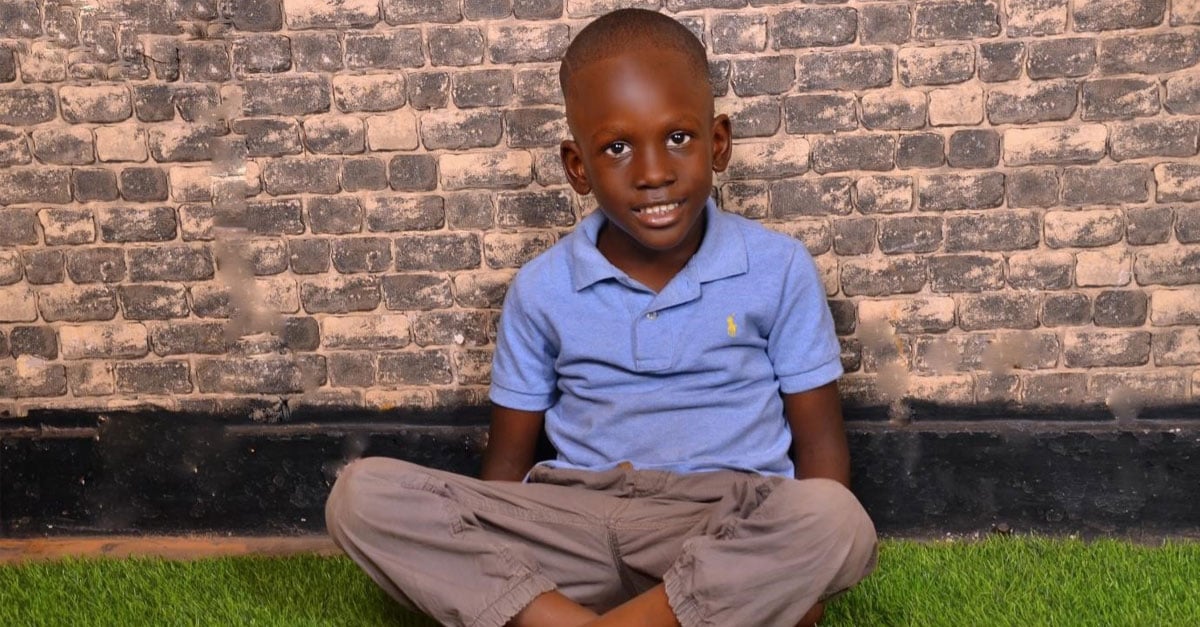These programs have had a big impact on the inherited bleeding disorders community in Uganda. In June, we ran a patient story showing the difference WFH Humanitarian Aid Program donations had on one patient (click here to read that story). Today, we hear from Nakato Elizabeth, the mother of a boy with severe hemophilia A. Her letter has been edited for clarity.
Dear sir/madam,
My name is Nakato Elizabeth, and I am a mother to two sons. My second, Jasper Ethal Kyambadde, was born very strong at birth and weighed 4.5 kgs. At one month he was circumcised and bled for almost a month. He lost 3 kg. Fortunately, we got medication and after 1½ months he was better again.
At one year old, Jasper fell and bit his tongue, which then bled for three weeks. He was taken to the Peoples Medical Hospital Gayaza for treatment. There, we were referred to Kawempe National Referral Hospital. We then got some advice from friends and went to the hemophilia clinic at Mulago Hospital, Kampala. There, blood samples were taken, and Jasper tested positive for severe hemophilia A.
At school Jasper couldn’t sit for end-of-term exams due to swellings that developed around his joints and his body when he fell, or when he was injured. His knees were mostly affected, and he almost became lame. Fortunately, doctors at Mulago Hospital registered Jasper so that he could receive donated treatment products provided by the WFH.
Ever since then, Jasper’s health has improved a lot. He has no severe swellings around the joints, or bleeding under the skin, and he can even complete his school terms fully and play like any other child. He is growing firm and healthy.
I would like to thank the World Federation of Hemophilia for supplying our country with donated treatment products. This has given my boy a new hope in life.
Yours dearly,
Nakato Elizabeth
The WFH Humanitarian Aid Program has donated over 17.4 million IUs of factor and over 194,000 mg of non-factor replacement therapy to Uganda since 2015. Nearly 3.4 million IUs of factor, and 60,000 mg of non-factor replacement therapy were donated last year alone. To find out more about the WFH Humanitarian Aid Program please click here.
About the WFH Humanitarian Aid Program
The WFH Humanitarian Aid Program improves the lack of access to care and treatment by providing much-needed support for people with inherited bleeding disorders in developing countries. By providing patients with a more predictable and sustainable flow of humanitarian aid donations, the WFH Humanitarian Aid Program makes it possible for patients to receive consistent and reliable access to treatment and care. None of this would be possible without the generous support of Sanofi and Sobi, our Founding Visionary Contributors; Bayer, CSL Behring and Roche, our Visionary Contributors; Grifols, our Leadership Contributor; and Takeda and Japan Blood Products Organization, our Contributors. To learn more about the WFH Humanitarian Aid Program, visit www.treatmentforall.org.













